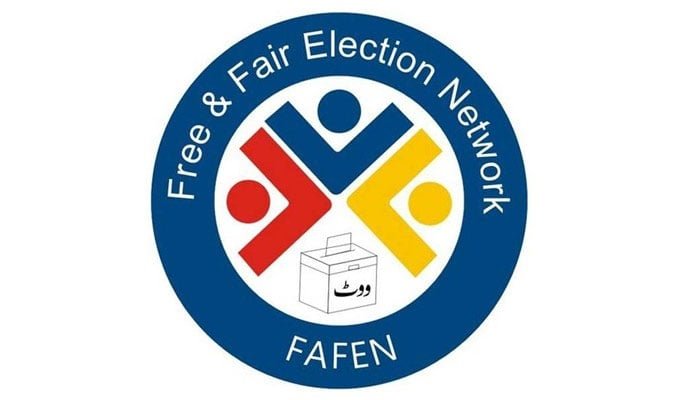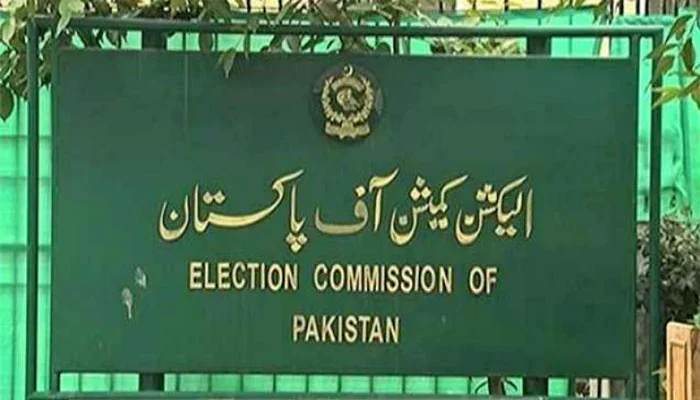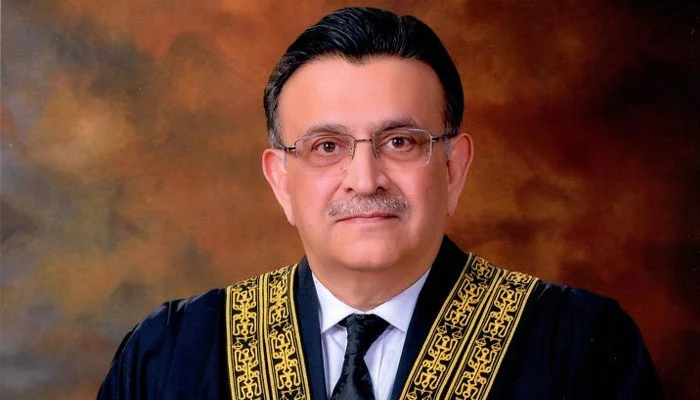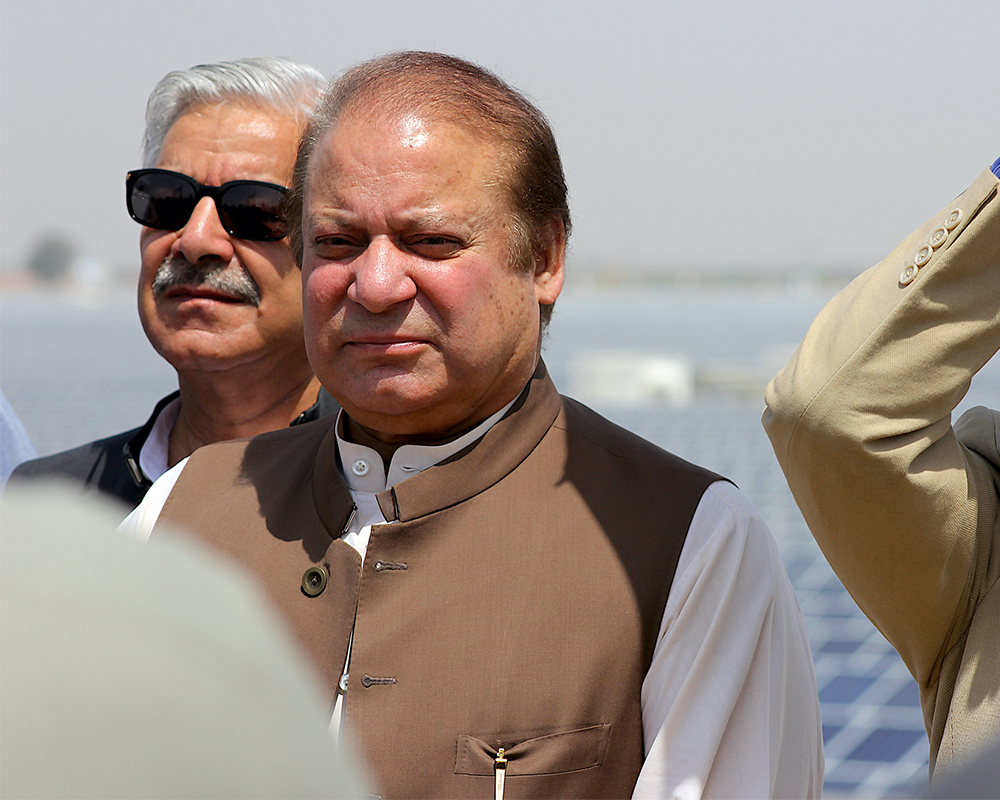The Free and Fair Election Network (FAFEN) has called for the prompt publication of Returning Officers’ (ROs) decisions to reject or accept nomination papers, emphasizing the importance of transparency in electoral processes. According to FAFEN, ROs should disclose their decisions on any candidate’s nomination papers, as detailed rulings are crucial for understanding the reasons behind the rejection of nomination papers.
FAFEN contends that the Election Commission should wield its powers to take action against Returning Officers who reject nomination papers against the set regulations. The organization argues that the Election Commission, upon the rejection of nomination papers contrary to regulations, has the authority to initiate proceedings against the responsible officer. It is underscored that decisions related to the acceptance or rejection of nomination papers fall under the purview of the Elections Act 2017, binding the ROs to release their judgments.
The call for transparency gains significance as the rejection rate for nomination papers for the upcoming 2024 elections stands at 12.4%, compared to 10.4% in the 2018 elections and 14.6% in the 2013 elections, according to FAFEN. The organization urges that understanding the rationale behind rejections is pivotal for upholding the integrity of the electoral process.
In the context of the upcoming general elections in Pakistan, nomination papers of several prominent leaders, including Prime Minister Imran Khan, Shah Mahmood Qureshi, Asad Umar, and Sheikh Rashid, have been rejected. This development underscores the heightened scrutiny and evaluation of candidates’ eligibility, prompting FAFEN to stress the necessity of elucidating the grounds for such rejections.
FAFEN’s advocacy aligns with the broader principles of transparency and accountability in the electoral process, seeking to ensure that decisions made by Returning Officers are open to public scrutiny. As Pakistan gears up for the upcoming elections, the demand for transparency remains a critical aspect of fostering confidence in the democratic process.



